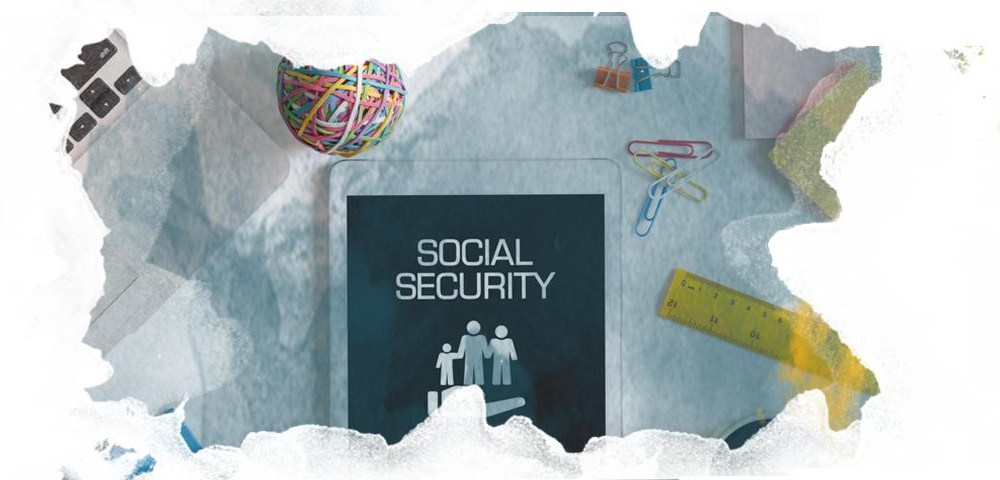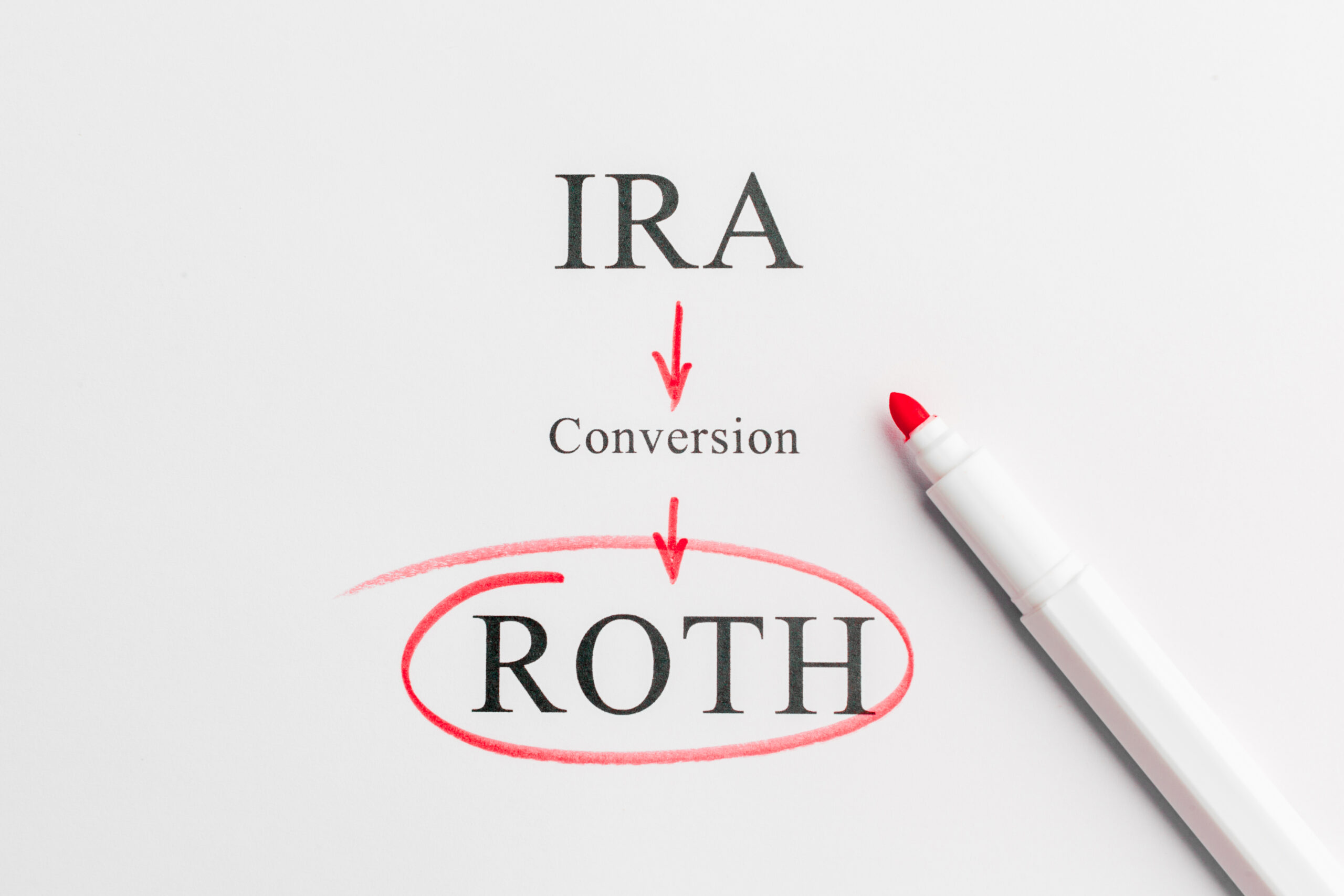When you enter a new phase of life, people love to offer you advice on the first thing to do when you get there.
You’re starting college – make sure you get a bottom bunk!
You’re getting married – make sure you learn how to compromise, when to bring flowers, get a set of matching luggage!
You’re having a baby – make sure you sleep when they sleep!
People become remarkably generous with their opinions during life transitions, including retirement.
You have to keep busy! You have to stay healthy! You have to find a new hobby!
Retirement finance is no exception – when you should claim Social Security, when to spend and when to save, when to finally take that Mediterranean cruise you’ve been dreaming of…. The complexity and uncertainty of retirement finance leave a lot of room for advice – some of it helpful, much of it conflicting.
{{cta(‘a63e8e4c-8d1e-4ca2-b34e-ae6b98c813ad’,’justifyleft’)}}
Social Security as a piece of your overall retirement income picture can be especially confusing. Like many government programs, it is inherently over-complicated, and passes through many hands – each with their own set of fingerprints – before it gets to you.
It is entirely possible to understand it, even if is far-reaching and complex. We want to answer a few initial questions for you today, and to assure you that the strange new country of retirement finance is not as mysterious as it might seem.
The Tax Question
This is one of those questions that everyone in the room is thinking, but they’re afraid to ask it out loud because it seems too simple: Will my Social Security benefits be taxed? As with most big financial questions, the answer depends on a few factors.
Let’s do some quick math. Your benefits are generally not taxed if half of your benefits (and other income) is less than $25k ($32k if you’re married). Above this threshold, 85 percent of your benefits are subject to income tax. So, a retired person with an annual income (benefits and everything else) of $40k won’t be touched, because they are under the $25k cap. Raise that up a few thousand, to $50k per year, and that person is subject to tax on 85% of their benefits.
So the short answer is most people will have their Social Security and other retirement benefits taxed because they will make more than the lowest threshold. Those whose Social Security is not taxed have a particularly small portfolio and small sources of income.
Add to this the complexity of taxes when it comes to drawing from your 401k and other similar products.
On the one hand, pre-tax accounts – 401(k)s, traditional IRAs, and HSAs – are tax-deferred, meaning that the money is deposited pre-tax, and then taxed when withdrawn. These are a huge advantage if you expect your tax rate to be lower in retirement, which is often the case thanks to lower income tax (if you plan to stop working in retirement, that is).
On the other hand, other accounts like Roth IRAs are after-tax (meaning the money was taxed upfront, not when you withdraw it). This can be to your advantage if you have fewer deductions – dependents, mortgage, etc. – and your tax rate is higher in retirement.
So the first thing to do when you enter the retirement journey is to look at what you have and what you’re going to live on. Where your income streams come from, and however deep they run, will determine how your taxes work out.
The Job Question
People look forward to retirement so much that when it comes, they are often surprised to find themselves bored and even a little listless. No matter how excited you are to leave your job in the rearview mirror, after an initial honeymoon period, it is common to find yourself looking for ways to structure your days.
One of the easiest ways to add structure to your days in retirement is to simply keep working – whether in the field of your career or in a “fun job,” where you can do something you’ve always wanted without worrying about the size of the paycheck. If you’ve ever wanted to sell something you create or dabble in real estate, retirement can be the time. The question becomes, will all this “fun money” – or other post-retirement income – affect your Social Security check?
Again, the answer is yes and no. In some cases, continuing to work can increase your benefits, but sometimes this is a negligible amount, and sometimes there is no increase at all. Social Security benefits are paid out based on an average of a person’s highest 35-year period of income, called the Average Indexed Monthly Earnings (or AIME).
The short answer here is that working another year could raise this average because the 35 years doesn’t have to be consecutive. Thus, if within that 35-year period, there’s a year you didn’t work (with an earning of $0) the average will be brought down. If you continue to work, even at a “fun job” in which you earn a relatively small amount, that would replace the zero earning year and therefore bump up your average.
If your endgame in continuing to work is to get more out of Social Security, be sure you know what your AIME is. In short, know where the numbers are sitting before you begin.
So Should I Stop Working?
Again, the advice will come flying probably right after your 60th birthday.
Retire as soon as possible – life is about living!
Work as long as you can or you’ll get bored. You can only play so much golf!
Work till you’re 70 – your returns will be better, and you’ll be able to enjoy more later!
What you do with this advice is up to you – your goals, your family culture, your understanding of what it means to be retired person. From a purely financial standpoint, waiting until your Full Retirement Age (FRA), which is 66 or 67 right now, often makes the most sense. Your benefit will be 25-30% higher at your FRA than it is at 62. But there’s so much more to your decision than finances – your health, your retirement plans, your desired lifestyle….
If you can hold out a bit longer, your benefit is 65 percent higher when starting at 70 rather than at age 62! Keep in mind as well, that when you or your partner dies, the surviving spouse will only receive one Social Security check, but they can choose the higher of the two. So, holding out and funding your retirement income without Social Security becomes not only a question of taking care of yourself, but your family as well.
If You’re Traveling to New Country, Take an Atlas
The new country of retirement finance can look overwhelming when you first set your feet on its shore. But it doesn’t have to be that way. Atlas Wealth Advisors is passionate about guiding people through the world of finance, from preparing your kids’ college fund to planning for your own retirement. Our goal is to translate complex financial issues into simplified action plans that you can easily understand and follow.
{{cta(‘bcc8f408-4929-4b3c-9faa-de75b03f2afd’)}}





